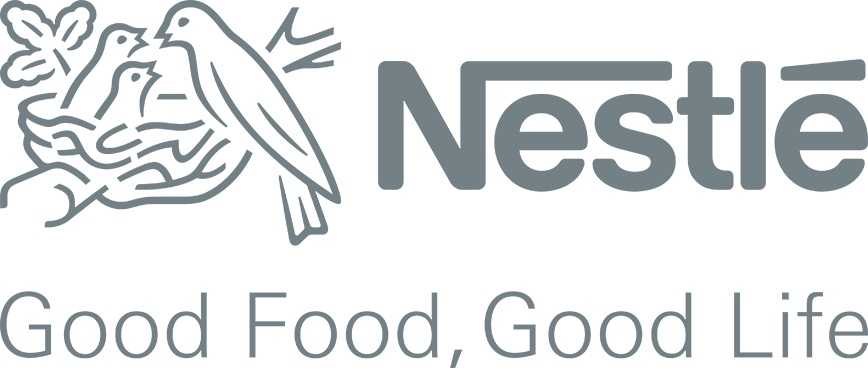VEVEY, Switzerland – Nestlé has joined five leading companies operating in the food, agriculture and forest sectors to support the implementation of climate-related financial disclosures. These companies collaborated with the World Business Council for Sustainable Development to publish a report that shares best practices. It aims at encouraging transparency and consistency in climate-related financial reporting.
The Task Force on Climate related Financial Disclosures (TCFD) develops recommendations to help companies disclose climate-related financial risks and opportunities. Companies are increasingly adopting the TCFD recommendations, but the pace of implementation remains slow. Challenges include a lack of information on the potential financial impact of climate change and the need for more clarity on the resilience of company strategies under different climate scenarios.
The new report showcases examples of effective disclosure practices from companies covering governance, strategy, risk management, metrics and targets. It also includes perspectives from investors on how they can use information published by companies to allocate financial capital. By sharing their individual experiences and learnings, participating companies hope to increase levels of adoption of the TCFD recommendations by the private sector.
Francois Xavier Roger, Executive Vice President, Chief Financial Officer at Nestlé said:
“Climate change is one of the biggest threats we face as a society and one of the greatest risks to the future of our business. Without prompt collective action, the world will run out of time to avoid the worst effects of global warming. That is why Nestlé pledged in 2019 to reach a net-zero future by 2050. We have started to implement the TCFD’s recommendations and were pleased to collaborate on the WBCSD’s Food, Agriculture & Forest Products TCFD Preparer Forum with other companies. We welcome this report to promote transparency, comparability and consistency between companies regarding their climate disclosures.”
To understand the potential risks and opportunities associated with a changing climate, in 2019 Nestlé conducted a high-level assessment of physical and transition exposure focused on coffee, cereals and dairy. Risks identified include the negative impact of climate change on raw material quality and availability, along with increased costs.
As part of its journey towards a net-zero future by 2050, Nestlé is supporting farmers and promoting innovation in agriculture. Raw material sourcing makes up the vast majority of the company’s carbon footprint. Initiatives will focus on storing more carbon in the ground through soil management and land restoration, and halting deforestation to reduce greenhouse gas emissions.

















 CAPS: the new proprietary system using capsules made of 85% recycled aluminium
CAPS: the new proprietary system using capsules made of 85% recycled aluminium